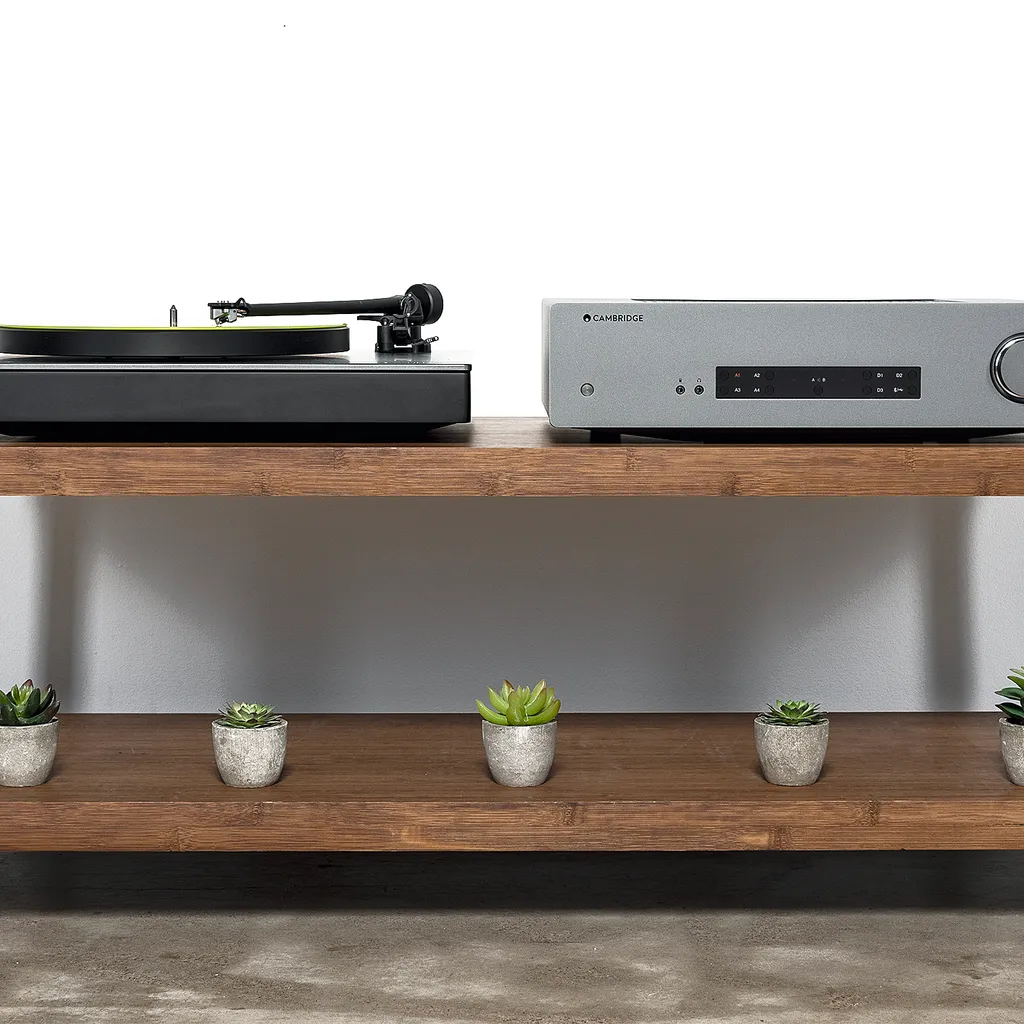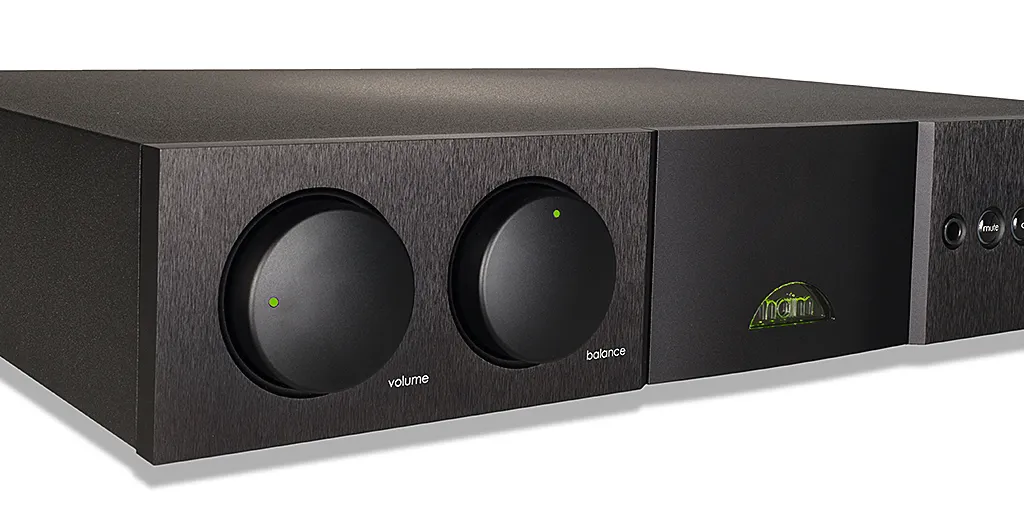What is an integrated amplifier?
While the high street is determined to sell us the convenience of wireless speakers and music streaming, if you want the very best sound for your music, a dedicated hi-fi remains unbeatable, and at its heart you’ll find an amplifier.
An integrated amplifier is two components in one: a power amplifier, which generates the wattage needed to drive your loudspeakers; and a preamp that takes the inputs from a CD player, turntable and more. You can buy individual pre and power amps, but here I’ll look at integrated amplifiers as they appeal to the widest audience and budgets.
What connections does an amplifier need?
Whether you’re upgrading an existing system or starting from scratch, your amplifier needs to have enough connections for all your components, plus room for future expansion. Analogue RCA inputs are used for connecting your CD player, radio receiver and streamers, while an RCA phono allows you to connect a turntable without needing a separate preamp. With premium systems you’ll also find three-pin connectors known as Balanced XLR, which can transfer sound signals over much longer distances without loss in quality.
Most modern amplifiers have a built-in digital-to-analogue converter (DAC) which handles digital music sources from inputs including USB: type A is used for mobile phones or USB drives; type B connects to your computer. Optical inputs let you play your TV’s sound through your speakers, while Ethernet can access network-connected hard drives. Wireless connectivity, whether that’s Bluetooth or through Wi-Fi, allows you to stream music from online services such as Tidal and Spotify.
Look for an amp that can connect at least two pairs of speakers (A+B) to give you the option of running cables to speakers in another room. A headphone jack (3.5mm or 6.3mm) is also important for solo listening, while a separate subwoofer output allows you to boost the system’s bass.
How to choose the wattage
Essentially, the bigger the speakers or room, the more power (watts) you’ll want, but it’s probably not as much as you’d expect. Fifteen watts is actually quite loud; 100 watts can be deafening. More crucially, however, is impedance (ohms), and manufacturers display a minimum recommended speaker impedance, typically eight ohms or four ohms. To avoid damage to your system, always follow these.
Match your amplifier wattage and impedance ranges and you’ll get great sound, although buying your amplifier and speakers from the same company will help. As with all audio, however, the best test is with your ears.
The best amplifiers on the market for classical music lovers
Cambridge Audio CXA61 £749
A gorgeous 60W amplifier designed to cope with whatever source you throw at it, with multiple analogue inputs, USB for hi-res playback, aptX HD Bluetooth for best possible wireless streaming and an improved DAC (digital to analogue converter) to bring out the detail in your recordings. cambridgeaudio.com

Marantz PM6006 £349
Great value design with sound quality that outstrips many at twice the price. It gives a powerful performance with bags of detail and depth. There’s no Bluetooth input, but you do get a phono stage for turntable and multiple inputs for CD/Blu-ray, and even your TV. marantz.co.uk

Naim Audio Supernait 3 £3,499
The third generation of this premium 80W integrated amplifier is a triumph, especially for vinyl aficionados, as Naim has added high quality built-in phono stage alongside multiple inputs for CD players and digital streamers. naimaudio.com

